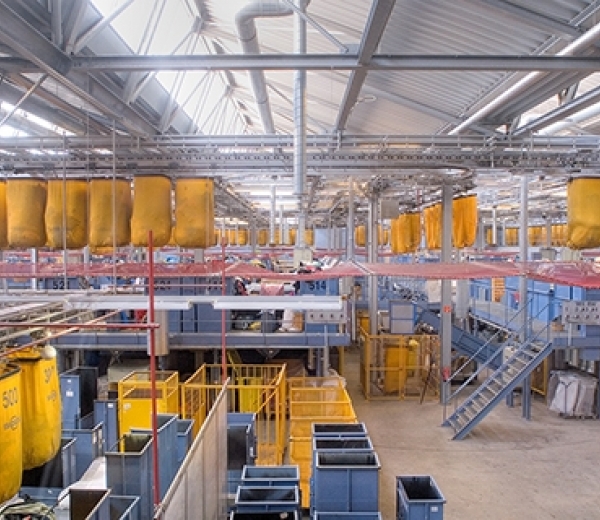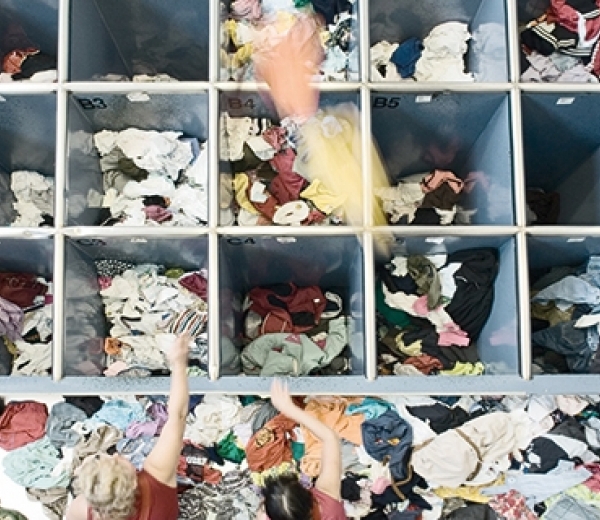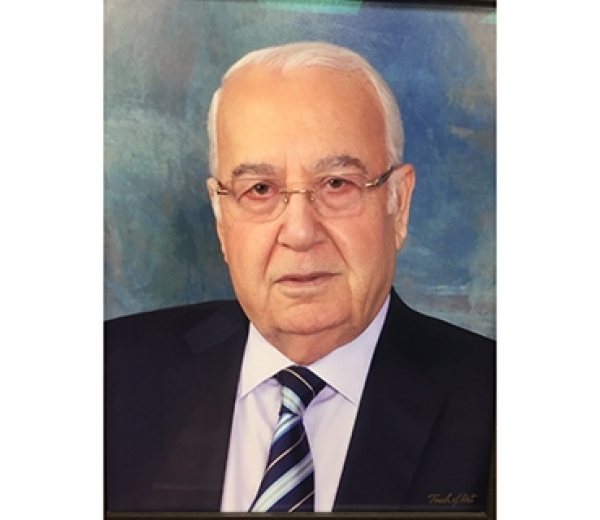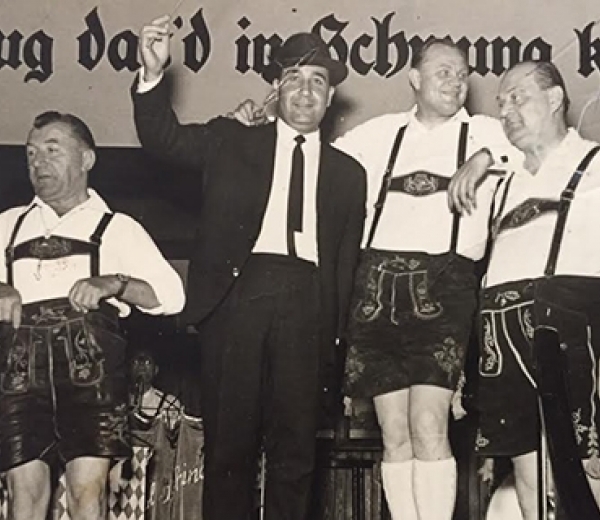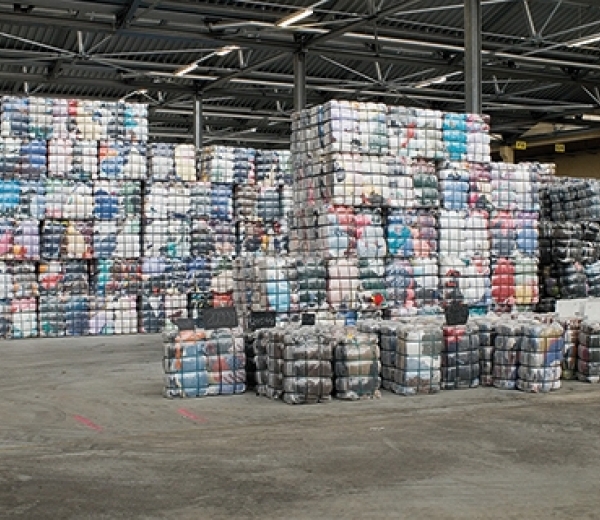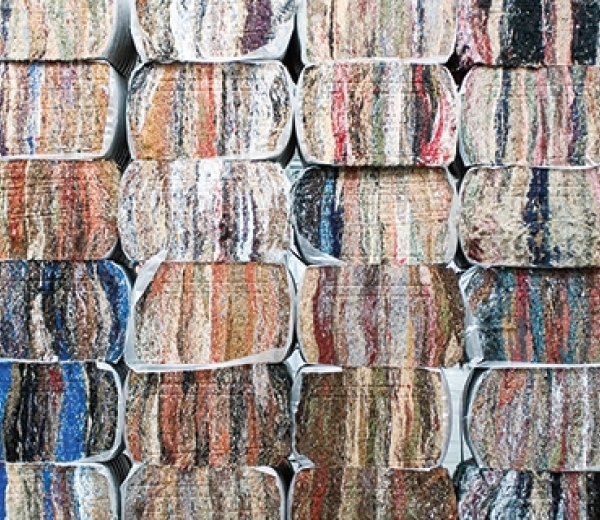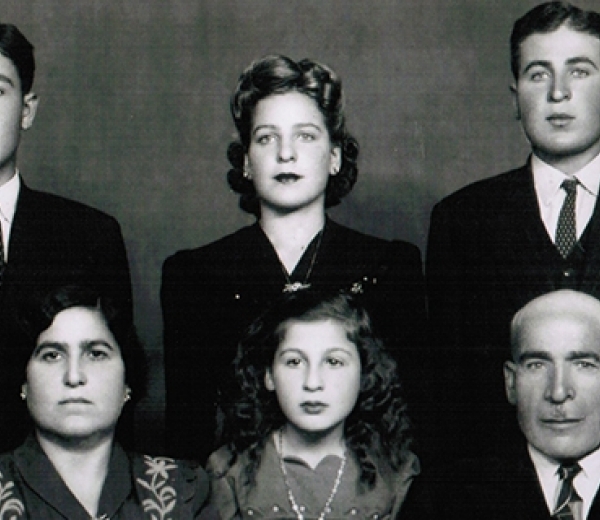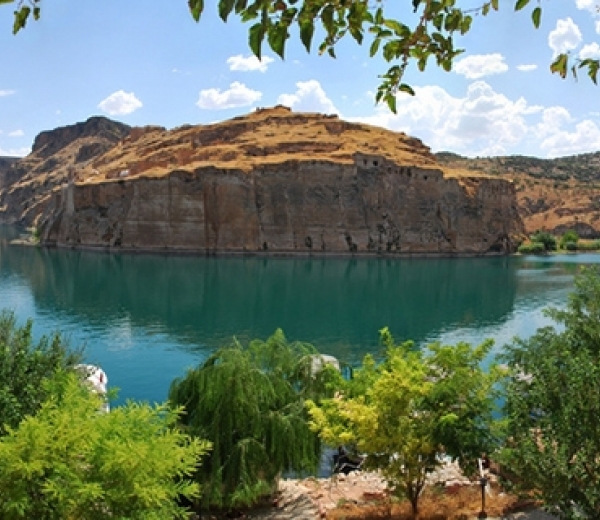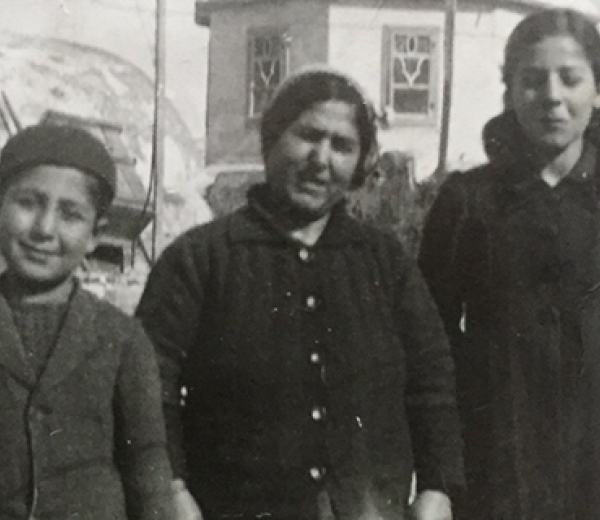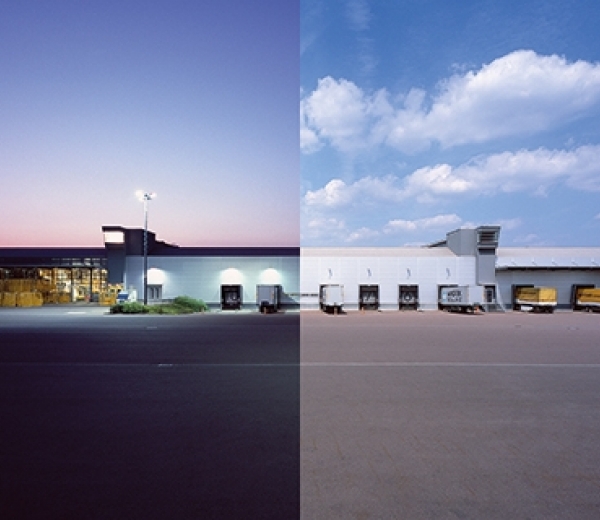| Hromkla, also called Rumkale, the village of Nerses Ohanian Sr. as it looks today. Photo by Phil Sapirsteing, Flickr. |
Nerses Sr. rented two large boats, each manned by a crew of two. “The two boats could easily have held several families,” Souren explains. “My father was resolved to rescue as many villagers as possible, risking his own life in the attempt.”
Nerses Sr. rowed to the village in his own small boat to meet his family at a location agreed upon beforehand. Pausing near the riverbank, he waited for the two large boats to arrive, but they never showed. “They must have been stopped and sent back by Turkish guards. The only reason my father was able to reach the village with his own small boat in the first place was his Ottoman army uniform,” Souren says.
The dire situation required a quick decision.
With room for only one other person on his small boat, Nerses Sr. picked his little cousin Hagop Tcherjian.
Once they reached safety, they learned that all of the villagers had been massacred and that their houses had been pillaged and burned. “My father never saw his family again,” Souren says.
For Armenians, the situation deteriorated day by day: Armenian soldiers serving in the Ottoman army had already been disarmed and executed as potential traitors. All across the empire, the Armenian elite was hunted down and killed. Many of those still alive were sent as forced laborers to the yet unfinished Baghdad Railway, a fate Nerses Sr. shared. “The labor was so hard, the gradual and systematic extermination of the laborers was part of the plan. For many years, my father was forced to work in the scorching sun,” Souren recalls.
Birecik and his friend Ali
Despite experiencing so much misery and suffering at the age of 24, Nerses Sr. remained optimistic and kind. “My father was a good-hearted and honorable man. What he had, he shared with everyone. He loved people; their nationality and religion didn’t matter to him. He would always say, ‘There are good people everywhere’.” He was proven right. In Birecik, a town in Southeastern Turkey not far from the current Syrian border, he met a Kurd named Ali. The two of them worked together in coal production. “Neither would judge people by their religion. They complemented one another. While Ali prepared the coal, my father took care of shipping it – they worked well together as team,” says Souren.
They traveled a lot and worked in many different places. Although some years had passed since the Genocide, Armenians were still persecuted in Turkey. “In those days, the Turks kept trying to kill my father, but each time Ali claimed that he was a Kurd named Djuma,” Souren says.
Later, my father would often tell us about Ali, saying that he was a good, trustworthy and fair person. He was deeply grateful to him.
In the 1920s Nerses Sr. first came to the small city of Jarabulus before settling down in the much larger Aleppo with his wife, Arousiak Kethcejian, and his four children. He worked in agriculture for a French company. “Every now and then, my father would tell us about his life, each time starting his stories with these words: ‘Bullets fired at people end their lives, while I was saved by them’.” Nerses Sr. lived to the age of 103.
